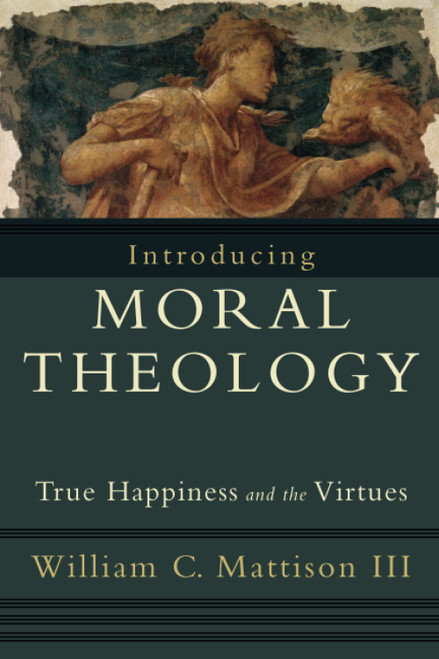Franciscus Junius (1545 1602) was an influential pastor and professor during the developmental years of Reformed orthodoxy. As a skilled linguist, biblical exegete, and theologian, Junius shaped the Reformed tradition in profound ways.
Junius's Treatise on True Theology is a scholastic introduction to the discipline of theology. He reflects on the definition of theology, where it comes from, and the variety of modes it takes. This book set a lasting pattern for many Reformed theologians in their approach to dogmatics, establishing a benchmark for theological prolegomena for years to come. Accompanying this work is The Life of Franciscus Junius, which provides an autobiographical account of the tumultuous days of Junius's life and the complex circumstances that the Reformed churches faced during the French and Spanish wars of religion.
Although Junius's significance in the history of Protestant theology is increasingly valued by historians, most of his impressive body of works is not available to English-speaking readers. David C. Noe's fine translation of these two important writings will certainly rectify this deficit. Readers are further aided by Willem van Asselt's valuable introductory essay, which offers a scholarly perspective on the treatise and on Junius's life and work in the context of the rise of Reformed scholasticism and orthodoxy.
Table of Contents:
The Life of Franciscus Junius
Preface
The Life of Franciscus Junius
The Death of Master Franciscus Junius
A Treatise on True Theology
Preface
Thirty-Nine Theses Are Demonstrated in this Treatise
1. Whether True Theology Exists
2. What Theology Is
3. How Many Parts Theology Contains
4. Archetypal Theology
5. What Ectypal Theology Is, and in How Many Parts It Consists
6. The Theology of Union in Christ
7. The Theology of Vision in the Heavens
8. The Theology of Revelation in This Life
9. In How Many Parts the Mode of Communicating Theology Exists
10. Natural Theology
11. Supernatural Theology
12. What Theology Stated Absolutely Is
13. The Material Cause of Our Theology
14. The Formal Cause of Our Theology
15. The Efficient Cause of Our Theology
16. The End of Our Theology
17. Theology in the Subject
18. The Conclusion of the Work











